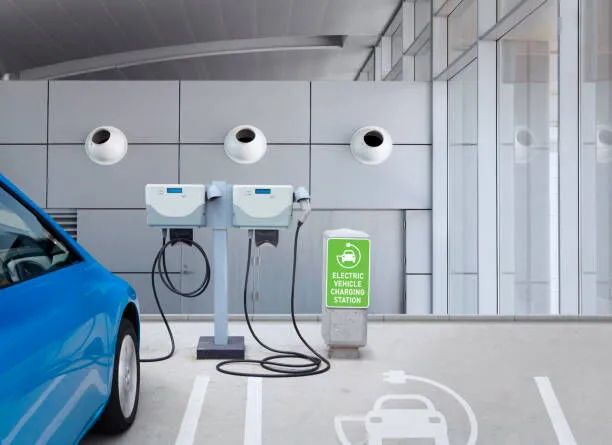


A Complete Guide to Level 2 EV Charger Installation for Homeowners
Home EV Charging: A Guide to Installing a Level 2 Charger
As a Leading EV Charger Manufacturer in China, LiCB Charge Offers Reliable AC and DC Electric Vehicle Charging Stations Along with Comprehensive Charging Solutions.
As electric vehicles (EVs) gain popularity, more homeowners are installing Level 2 chargers to enjoy faster, more convenient charging at home. Unlike Level 1 chargers, which use a standard 120V outlet and can take over 24 hours to fully charge an EV, Level 2 chargers operate at 240V and can deliver 10 to 60 miles of range per hour. This makes them ideal for daily drivers and those with larger battery capacities.
Installing a Level 2 charger isn’t just a plug-and-play process. It involves high-voltage electricity and must meet local codes and safety regulations. That’s why it’s essential to hire a licensed electrician. A professional will ensure:
Compliance with electrical standards
Proper wiring and breaker installation
Safe, reliable operation
Required permits and inspections are completed
Skipping professional help can lead to safety hazards, code violations, or expensive corrections later on.
Before installation, your electrician will inspect your home’s electrical panel to determine if it can handle the extra load. Most Level 2 chargers require a dedicated 240V circuit with a 40-amp to 60-amp breaker.
Older homes or those already using heavy appliances (like electric dryers or HVAC systems) may lack capacity. In such cases, you have two main options:
Upgrading from a 100-amp to a 200-amp panel may be necessary to support a Level 2 charger and future needs (like solar or a second EV).
Cost: $2,000–$4,000
Timeline: Several weeks to months
Bonus: Prepares your home for long-term energy upgrades
These smart devices monitor electricity usage and reduce the charger’s draw when the system is near capacity.
Cost: $200–$600
Fast Setup: Often installed in under an hour
Benefit: A budget-friendly alternative to panel upgrades
Regardless of the option you choose, permits and inspections are typically required. Your electrician will handle the paperwork and coordinate with your local utility. Proper documentation may also qualify you for rebates and incentives.
Mounting Options:
Wall-mounted chargers are common, but in open areas, pedestals offer flexibility and weather protection. These are ideal for driveways, carports, or shared spaces.
Cable Management:
Cables longer than 25 feet require management systems to avoid tripping hazards and wear. Choose from retractable reels, wall hooks, or swing arms to keep cords secure and organized.
Protective Barriers:
To avoid accidental damage, install steel bollards, wheel stops, or guard rails around the charger—especially in garages or multi-unit residences.
| Item | Estimated Cost |
|---|---|
| Level 2 Charger | $400 – $1,200 |
| Installation | $300 – $1,000 |
| Panel Upgrade (if needed) | $2,000 – $4,000 |
| Load Management Device | $200 – $600 |
| Cable Management | $100 – $300 |
| Pedestal/Mounting Stand | $200 – $600 |
| Permits & Inspections | $100 – $500 |
| Structural Barriers | $100 – $300 |
Total Cost: Ranges from $1,000 to $6,000+, depending on your home’s setup and needs.
Installing a Level 2 EV charger is a smart investment that boosts your home’s value and supports efficient EV ownership. With professional installation, proper electrical evaluation, and thoughtful infrastructure choices, you can enjoy safe, fast, and reliable charging for years to come.Know more about Google SEO Directory
